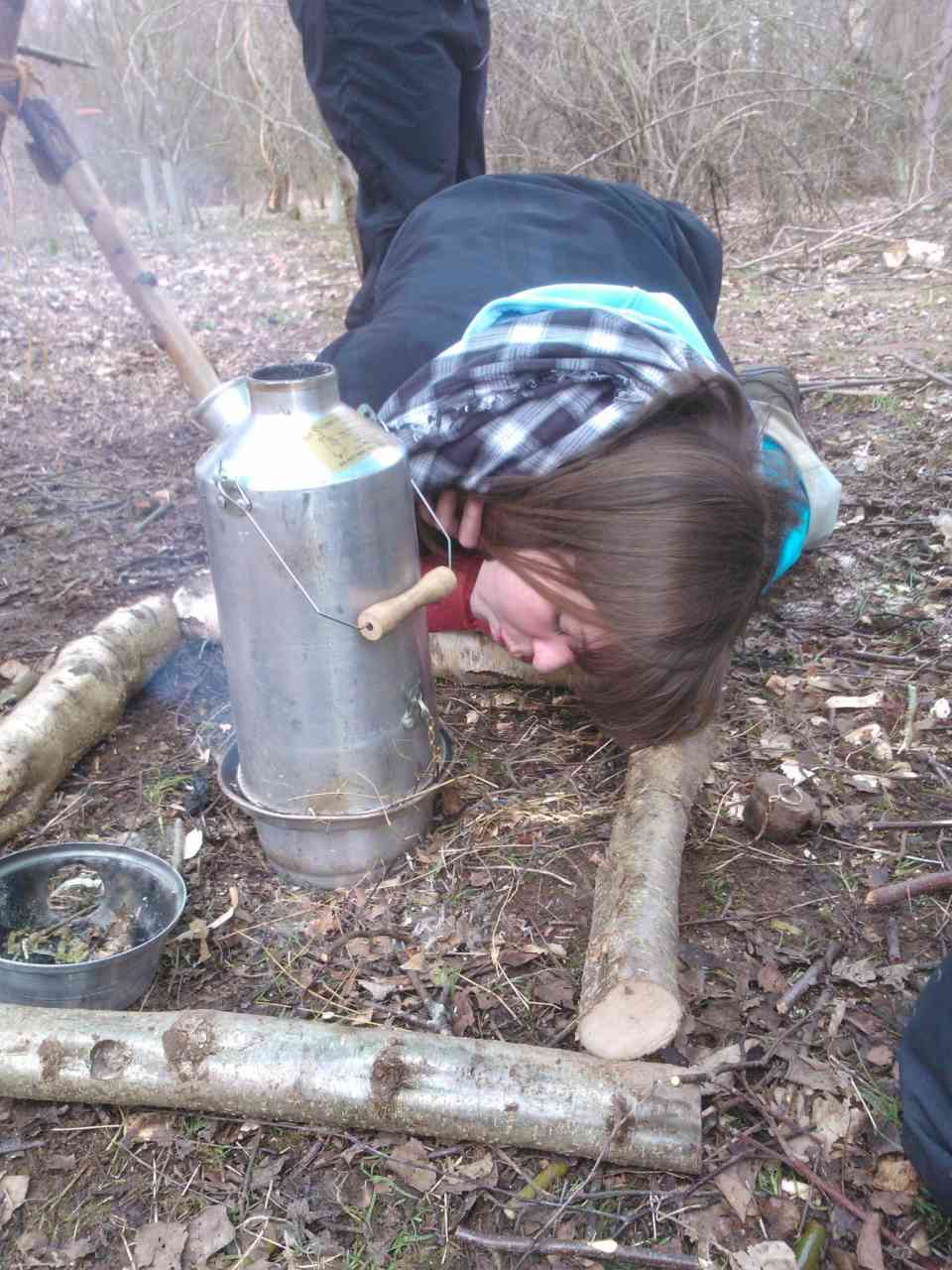How to choose a Forest School leader

Forest School leaders come in all shapes and sizes! Each practitioner will have their own unique style of facilitating Forest School programmes, which will have evolved out of their own professional values and previous experiences. The rich diversity of Forest School practice means that there is a huge selection out there to choose from, and you are sure to find a practitioner who will best support your group and situation.
Documents that the prospective leader should be able to share with you
• Their Level 3 Forest School practitioner certificate. Do check that it is a certificate of accreditation from the relevant awarding body (such as OCN or BTec), rather than just a certificate of attendance provided by the training organisation.
• Their DBS (Disclosure and Barring Services) check – if working with children or vulnerable adults. In Scotland this will be a Protection of Vulnerable Groups Scheme membership membership.
• Evidence of an appropriate First Aid certificate – with an outdoor element to the training.
• Evidence that appropriate insurance is in place – such as a letter or certificate.
• Evidence of an appropriate food hygiene certificate – if the programme is likely to involve regular handling, preparing and cooking of food (such as camp cooking).
• Their Forest School handbook. This document contains all the policies and procedures relevant to the way they run their Forest School programmes. This handbook should be unique to them and specific to how they run their programmes.
Some key questions to ask a prospective leader
• Why did they become a Forest School leader?
• How long have they been qualified?
• What sort of programmes have they run, with what sort of group and for what sort of timescale?
• How do they balance elements of learner led and adult directed experiences?
• What kind of planning/observation systems do they use?
• Do they have any specialisms or particular interests/skills?
• What is their value judgement around risk/benefit?
• What is their value judgement regarding environmental impact at Forest School?
• What is their induction process for supporting staff/volunteer helpers?
It is recommended that employers also request references from previous customers that the Forest School leader has worked with
Roles & responsibilities of a Forest School leader
• Promote and provide Forest School experiences which adhere to and apply the 6 principles of the Forest School ethos.
• Adhere to their own values, policies and procedure as outlined in their Forest School handbook.
• Have an awareness of school/setting/organisation policies and possibly negotiate some issues with management if there are discrepancies between these and their own Forest School handbook
• Undertake risk–benefit analyses and implement risk management systems.
• Ensure appropriate welfare requirements are in place for the group (clothing/shelter, hand washing, drink & food, toilets).
• Communicate with all stakeholders, including landowners, other staff, parents, management, participants, local community etc.
• Ensure appropriate ratios are maintained at their Forest School and provide clear guidance and induction processes for helpers supporting their Forest School programme, to ensure a consistent approach.
• Share planning and evaluations of sessions recorded with relevant staff.
• Record observations of individual learners learning processes and share with other relevant staff.
• Reflect on their own practice, undertake continued professional development and network with other local Forest School practitioners.
• Undertake a baseline ecological survey of the Forest School site, establish environmental impact monitoring systems and create a simple management plan for the site for the duration of the programme.
• Implement the management and maintenance of the Forest School area. This may be negotiated with the landowner.
• Ensure that equipment, tools and outdoor clothing are fit for purpose and appropriately stored and implement maintenance schedules.
